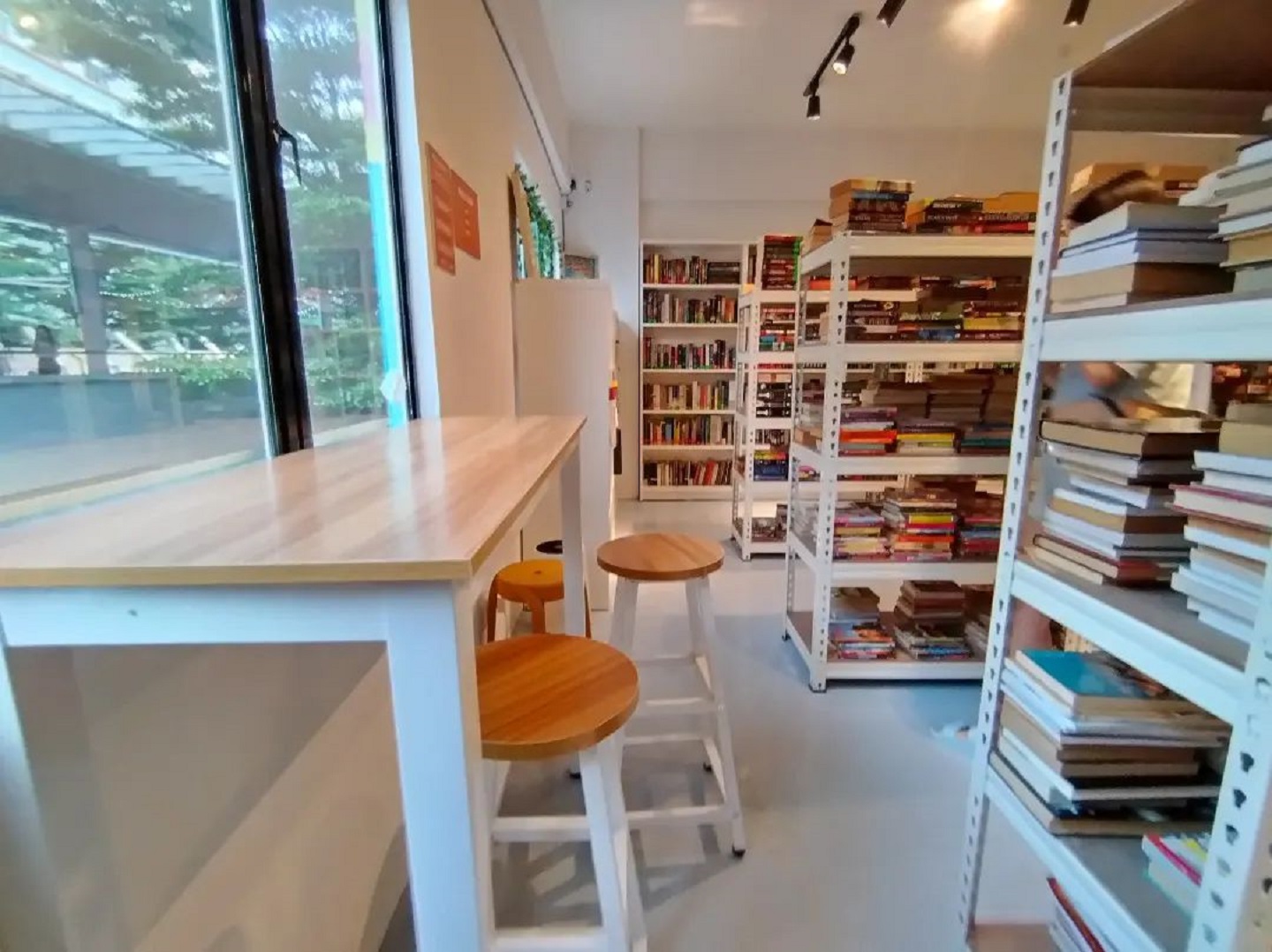
BUKU is filled with books from recycling centres and charity organisations (Photo: BUKU)
Faith in the integrity of people who love books convinced Philip Yong that an unmanned store would work. In February, he opened BUKU by PJ PreLoved House, one year after selling books online. Last month, to accommodate more titles, he shifted the physical setup to a bigger lot within the same building at Mahsa Avenue in Kuala Lumpur.
It is early days but he is confident a self-service bookstore works: “The only thing that has been nicked is a bottle of sanitiser!”
Yong gets his stock from recycling centres and charity organisations, and readers who like to give away books after reading them. He also collects donations from hoarders — those who buy with the intention to read but don’t get round to it. “You go to their house and there are piles of books.”
A digital product manager during the work week, he nips into BUKU when he can to replenish the racks and clean up the place. His preloved titles sell from RM5 to RM15 and customers pay using a QR code or via online transfer.
philip_yong_of_buku_by_pj_preloved_house.jpg
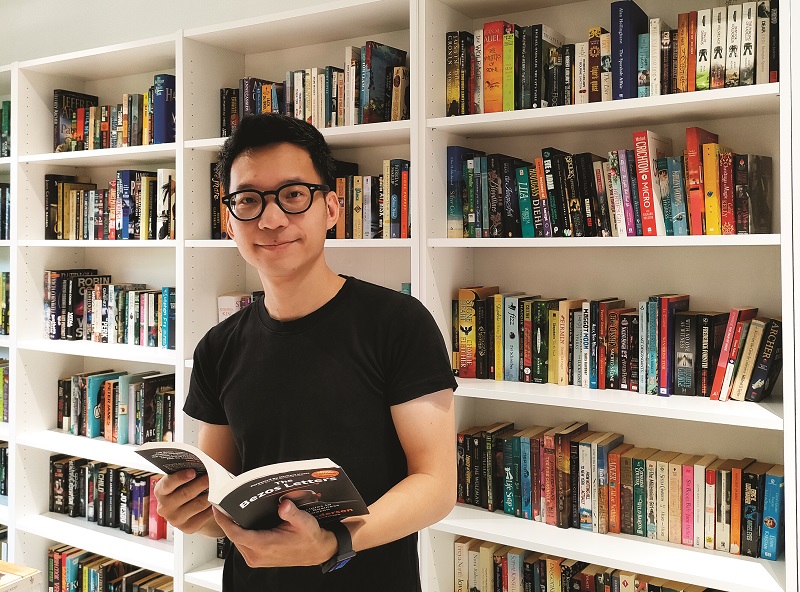
“I like the idea of repurposing books,” he says. “I’ve always wanted to start a community library but it’s very hard to sustain one, financially and resource-wise. So, why not a preloved shop with books at affordable prices?
“Online customers had been asking for a physical store because they like to flip the pages to see the condition of a book and have a feel of it. Initially, this was like an experiment: How would an unmanned, cashless outlet work? It’s a calculated risk; my online business gave me the confidence to start this. I have found people are really honest.”
What surprises him too is that the young, especially, are picking up books of different genres. “We get lots of people who are just starting the reading habit. What we have is more affordable for them, compared with the established stores. I don’t mind if they walk in, take a book out to read and bring it back later.
“This is definitely long term. I treat BUKU as a personal library as well,” adds Yong, who likes biographies, historical works and self-help and business titles. He credits his kindergarten-teacher mum for exposing him to books from young.
buku_main.jpg
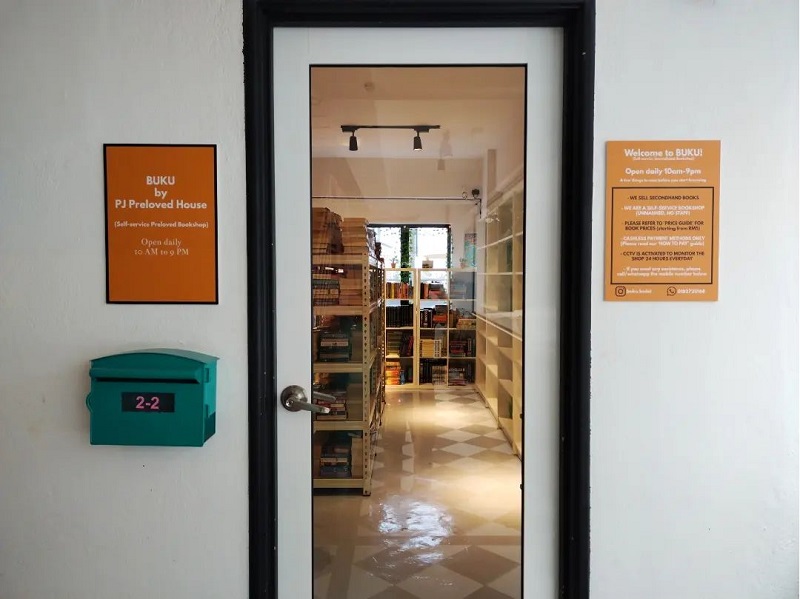
Looking ahead, he hopes to organise book exchanges or have individuals gather and set up booths to sell what they have at or around his store. As he envisions it, “basically, a book community coming together”.
Over at Dokusho Bookstore, husband-and-wife owners Ooi Jian Sheng and Sin Yi Wen consider themselves “a social enterprise that wants to be part of something larger than ourselves. We want to be part of a community that thrives together”.
In February, after five years of operating online, the secondhand book specialists felt they were ready to man a physical outlet in an office lot along Old Klang Road, KL. They have about 8,000 titles in Dokusho — Japanese for “the act of reading” — and a separate batch of 5,000 online.
“Space is always a premium in our business. In fact, our store layout has changed several times because we’re always looking for ways to optimise and fit in more books,” says Ooi.
ooi_jian_sheng_left_and_sin_yi_wen_founders_of_dokusho_bookstore.jpg
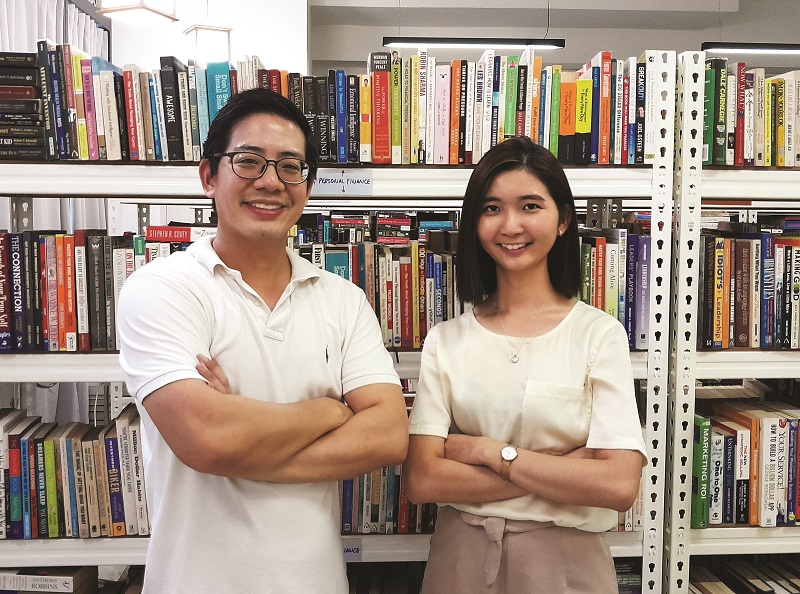
They get their stock from various non-governmental organisations that have been working with them the past few years. Individuals who want to pass on old books can support Dokusho’s Read, Rehome, Recycle Programme. To ensure that financial constraints do not deprive kids of the joy of reading, the pair set up a Children’s Book Bank that allows them to take home up to five free books per visit.
The physical store is open only on Saturday and Sunday because Ooi and Sin — course mates at the same UK university, who returned to Malaysia in 2015 — hold full-time engineering jobs. Most of their preloved stock is priced at RM7.90 — “a sweet spot that makes sense financial- and marketing-wise” — and 7.9% of monthly revenue goes towards Teach for Malaysia’s programmes, which they see as being in line with their objective of educating.
Lessons learnt online since 2017 translate into building blocks for their bricks-and-mortar setup. Questions — such as where and how to keep stocks, and who will handle logistics and customers’ queries and complaints — cropped up as they fine-tuned their business.
Experience has taught them to discard their preconceptions on reading habits altogether. Even the most obscure book can be rehomed, they found, and Malaysians in general are interested in a wide range of topics. “One memorable book we sold was about research on mosquitoes!” says Ooi, who picked up the reading habit from his parents, both avid readers. Being head librarian in secondary school also gave him an excuse to be at the library!
bazaar.jpg
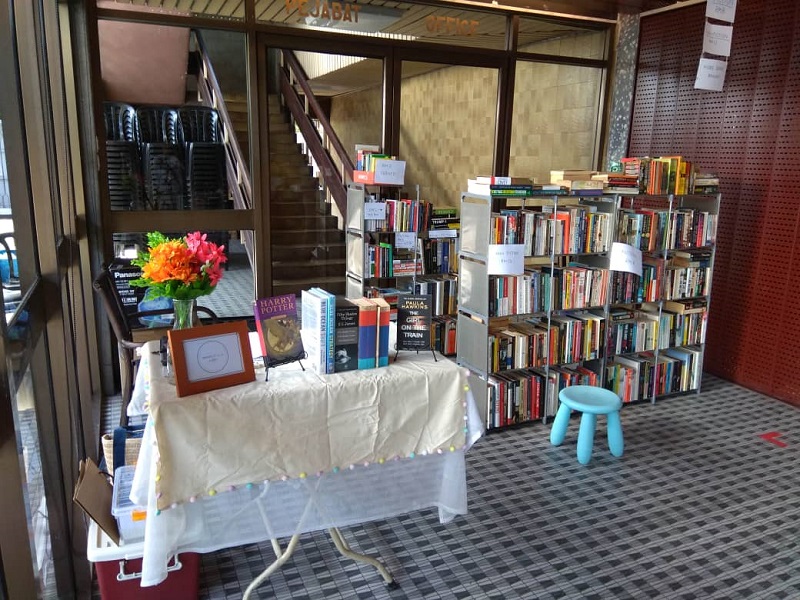
“One fond memory I have is us fighting over the ‘reading queue’ before Harry Potter and the Goblet of Fire’s release. My mother was first in line and she took a day off to get started once we collected it from the store. I can still remember staying up all night and reading the book from start to end.”
He and Sin plan to move Dokusho to a larger, more accessible and strategic location, where they can dedicate space for a wheelchair-friendly community learning centre. There, children and adults alike will be able to access free literacy and essential life skills. “We want to build up a vibrant and holistic community and be part of it.”
This article first appeared on Aug 8, 2022 in The Edge Malaysia.


